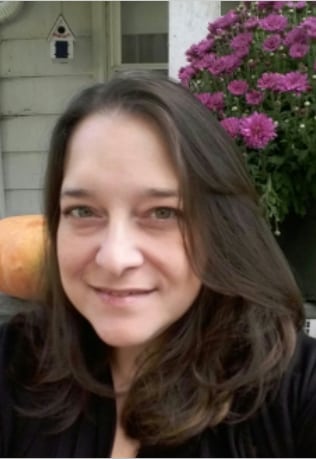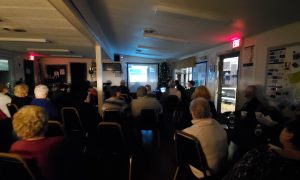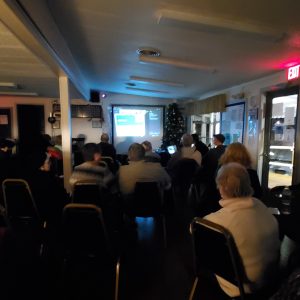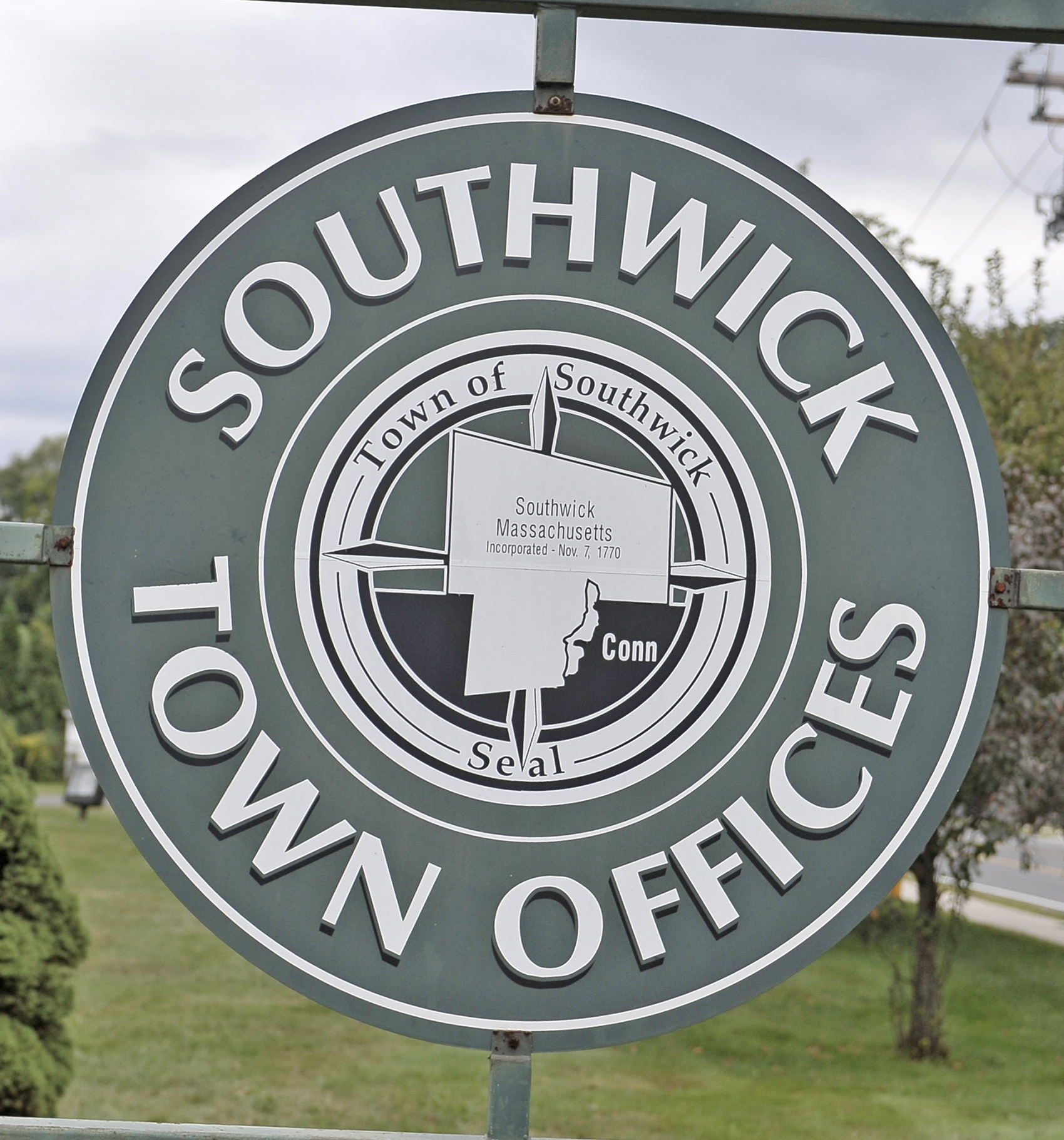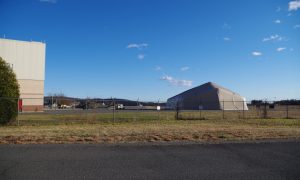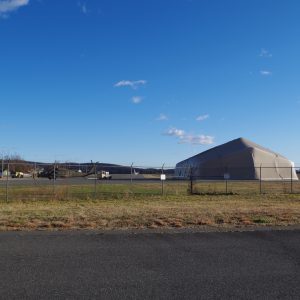
Kristen L. Mello
WESTFIELD- The Board of Health convened Wednesday evening to have a discussion about PFAS substances and Westfield’s water supply with Kristen Mello, founder of Westfield Residents Advocating for Themselves (WRAFT).
Mello asked the Board to use their authority given to them by the state to order the discontinuation of wells seven and eight as she believes they will be unsafe for residents to drink from when they are turned on.
“Not as unsafe as if they were mixed with other water, but still unsafe for our families and our children to be drinking,” said Mello.
Mello said that the Granular Activated Carbon (GAC) filters that would be used by the two wells have a problem with filtering our short-chain PFAS compounds. She said that even if they are being declared “non-detect,” it does not mean they are not there.
“Non-detect is not the same as safe,” said Mello, “Legal and in compliance with all regulations is not the same as safe.”
In a letter given to each board member, Mello said that if short chain PFAS substances are found in the water, nanofiltration or reverse osmosis should be utilized instead of the GAC filters.
Department of Public Works Director David Billips said in May that, while there had been low amounts of contamination measured in the wells, it has remained consistent across each measurement.
He said that the family of chemicals in question was identified by the Environmental Protection Agency (EPA) in 2013. In December of 2015, a health advisory was released about the chemicals that prompted the DPW to immediately take wells seven and eight offline. In the meantime, wells one and two remained online as they could feed water to the northern part of the city while seven and eight were off.
Well one was then shut down in October of last year to run a temporary system instead.
Mello said that one problem with the two wells is that the testing of different sources showed inconsistent results of PFAS contamination. The bench scale testing revealed almost none of the compounds. The samples taken from the aquifer in one month apparently revealed more contamination than was shown in the bench scale.
“So, the system that we are putting online is built with a bench scale sample that did not indicate the short chain compounds were in the water,” said Mello, “But we know from every other sample that we’ve taken that they were.”
Last month, Mayor Brian P. Sullivan addressed the effectiveness of GAC. This was the chosen method for new filtration vessels after advice from the city’s experts, including Billips and Systems Engineer Heather Stayton, who holds a drinking water distribution license in Massachusetts. The city also partnered with experts in three firms and received written approval from the Massachusetts Department of Environmental Protection to use GAC filtration.
Ward 1 City Councilor Mary Ann Babinski said there are people in the city who claim GAC doesn’t work.
“Every community is different and has different things in their water,” she said. “It’s working in Westfield.”
The members of the Board of Health agreed to look at Mello’s letter and take a month to process it before the next meeting.
Peter Currier can be reached at [email protected].

